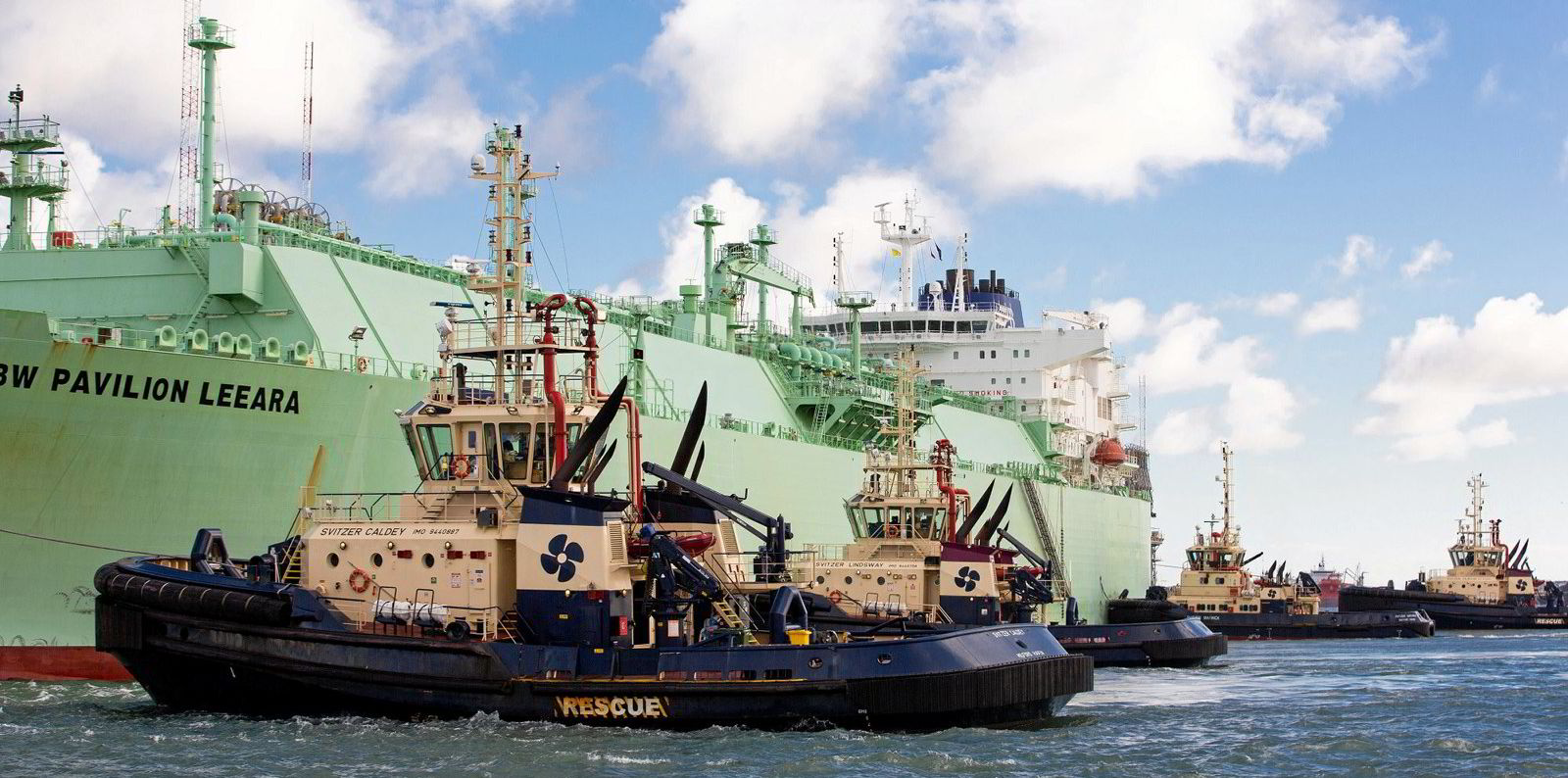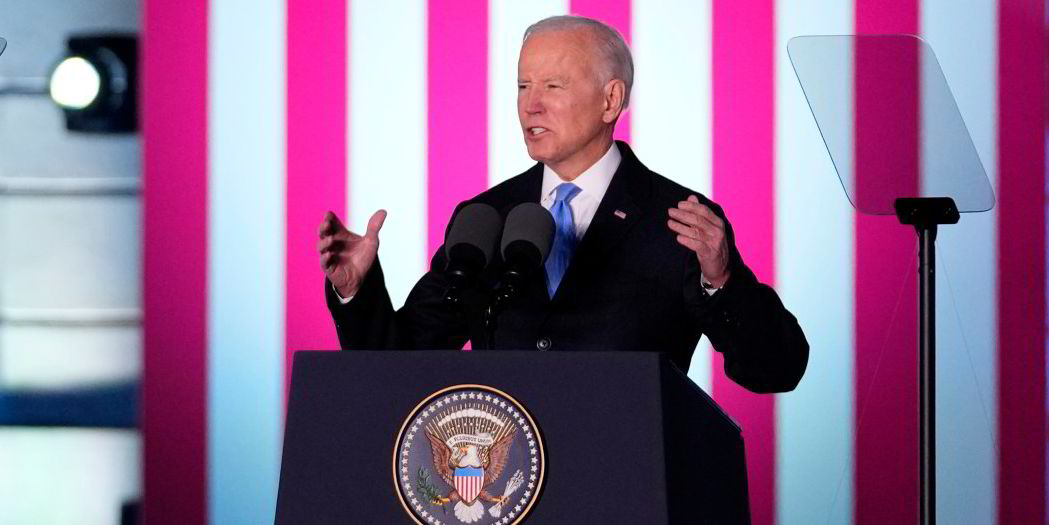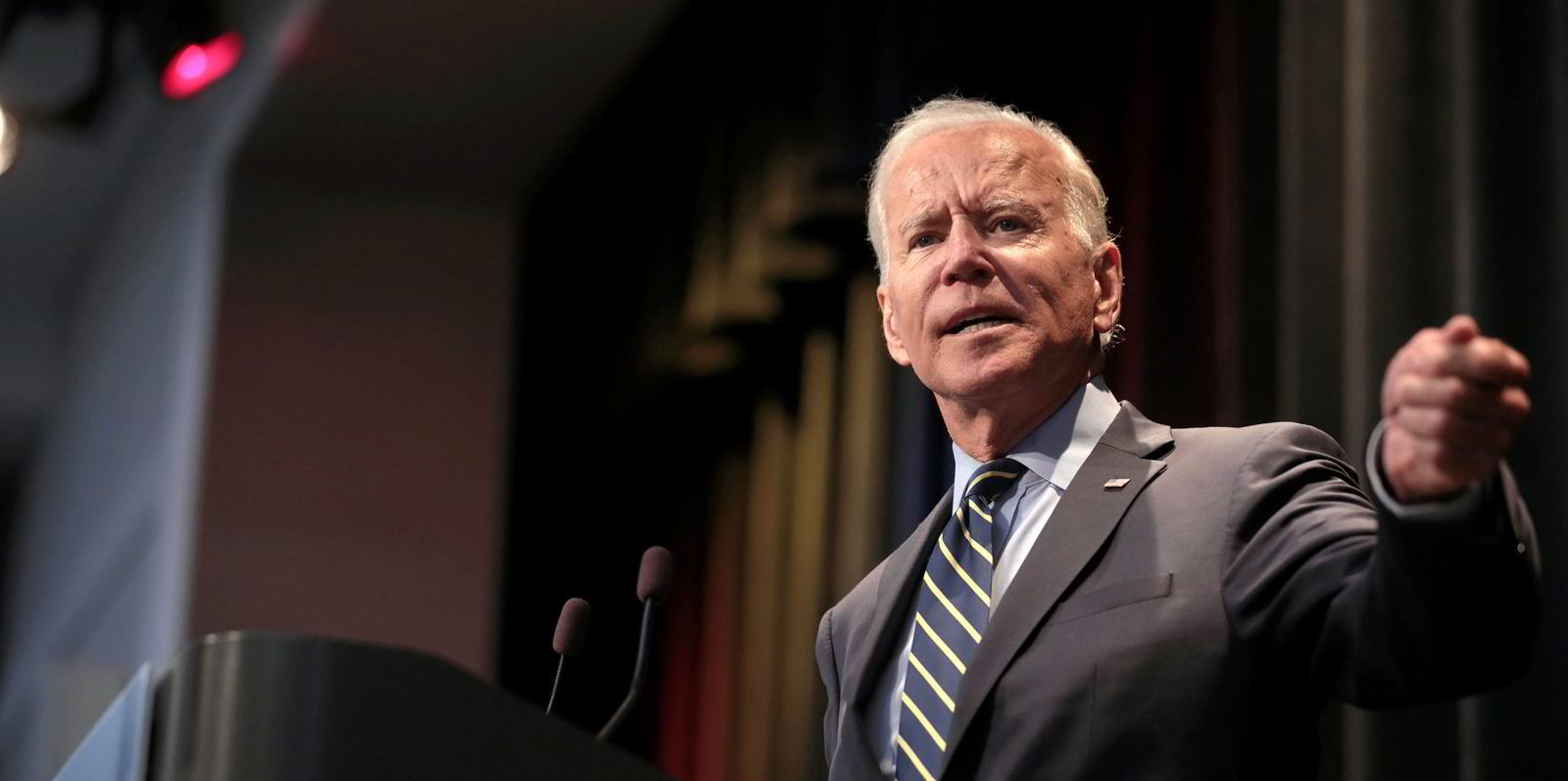The European Union became the world’s top importer of LNG in the first quarter of 2022 thanks largely to a surge in imports from Russia.
The group of 27 nations imported 22.1m tons of seaborne LNG, up by 72.8% year-on-year from the 12.8m tons in the corresponding period last year.
This gave it a 20.9% share of global imports for the period between January and March ahead of Japan’s 19.7% and mainland China’s 15.7%, according to Banchero Costa.
The Italian broker said the surge in imports was caused by Russia’s invasion of Ukraine, which prompted the EU to secure alternative sources of energy.
Equally significant growth has been seen in imports into the UK, with first quarter of LNG imports jumping 51.3% year-on-year to 5.7m tons. However, the UK has no direct dependency on Russian gas imports.
“Despite all the talk of sanctions, volumes from Russia have not declined, far from it,” Banchero Costa said in its weekly market report.
“In the first quarter, the EU imported 4.1m tons of LNG from Russia, up by 49.1% year-on-year to what was a record.

“The EU has never imported as much LNG from Russia as this year. In fact, March 2022 was a record month for Russian LNG imports into the EU with 1.6m tons of LNG, up 34.3% year-on-year.”
However, the biggest increase in imports of LNG were those from the US, with the EU importing 10.4m tons between January and March 2022.
This is up 234.8% year-on-year from the 3.1m tons in the first quarter of 2021 and means the US accounted for 46.9% of seaborne LNG imports into Europe in the first three months of this year.
LNG imports from Qatar have continued to decline with volumes in the first quarter of the year down 2% year-on-year to 2.2m tons. Qatar accounts for 10.1% of the EU’s total seaborne LNG imports.
Banchero Costa said 2022 first quarter LNG imports into China slowed down from record levels last year, declining nearly 14% year-on-year to 16.7m tons.
China is reportedly trying to sell some spare LNG supply due to fears that demand-sapping virus lockdowns could spread from Shanghai to other parts of the country.
Major buyers are offering at least five shipments for summer delivery on the spot market amid the deteriorating domestic outlook, reported Bloomberg quoting unnamed traders.
Meanwhile, imports into Japan also declined in the first three months of this year by 10.8% year-on-year to 20.9m tons from 23.5m tons in the corresponding period last year.





